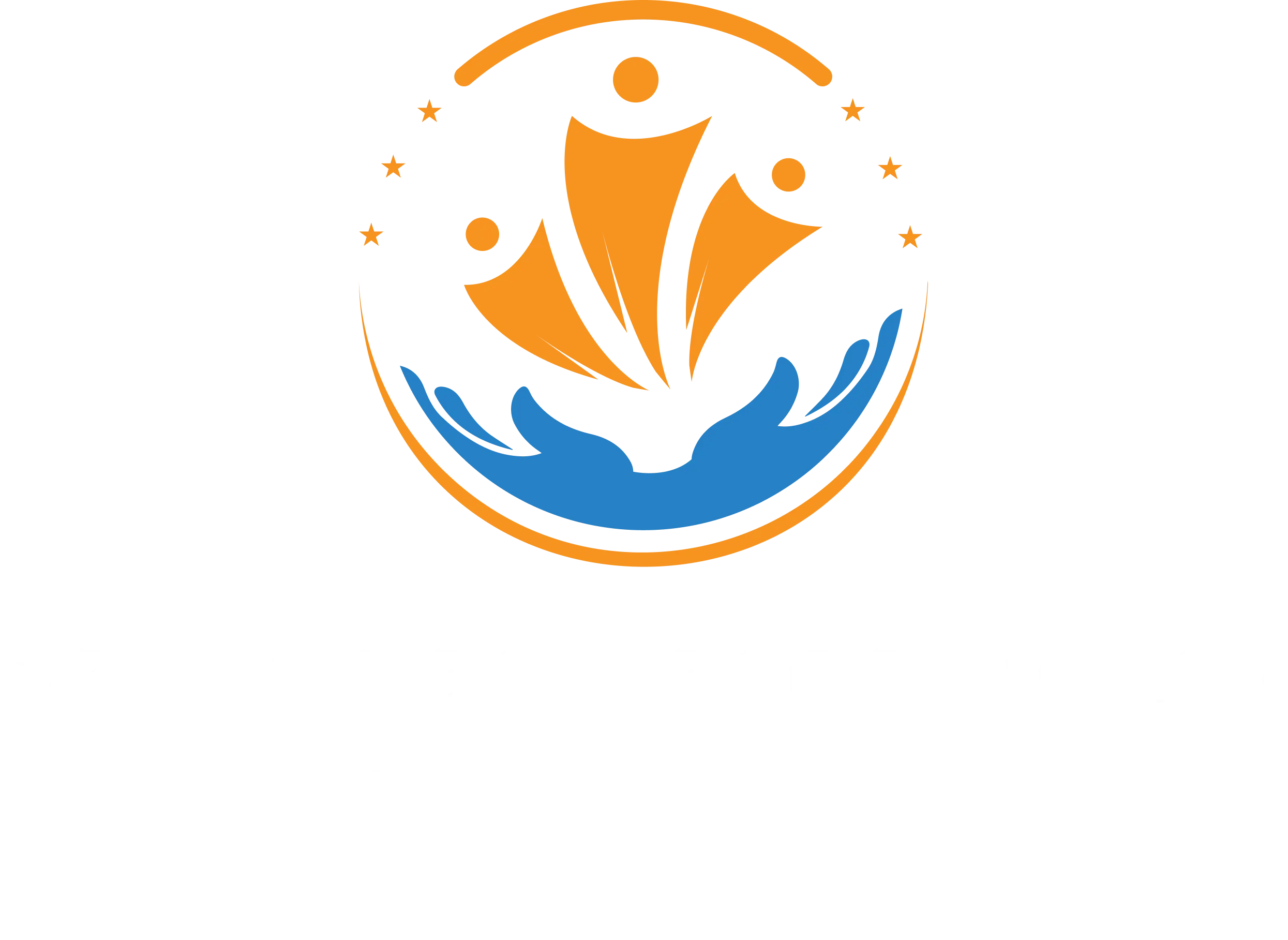
Donating to a good cause is not only an act of kindness but also a strategic financial decision. The government encourages charitable donations by offering tax exemptions to donors under Section 80G of the Income Tax Act in India. This section allows donors to claim tax deductions for their donations by reducing their taxable income to support social projects.
But it is important to note that not all donations are tax exempt. To increase your tax savings, it is important to understand which donations are eligible, how much tax you can save, and what documents are required. This blog will provide detailed information on 80G exemptions, eligibility criteria for donations, deduction categories, and more.
Understanding Section 80G: What is it?
Section 80G of the Income Tax Act allows taxpayers to claim deductions on donations they have made to specific funds and charitable organizations. These deductions can be either 50% or 100% of the amount they have donated. This deductible amount also depends on the organization to which they contribute their donation.
This tax benefit is eligible to Assessees: Individuals, Hindu Undivided Families (HUFs), companies, and other entities. But these deductions can only be claimed under the old tax regime and are not available to claim under the new tax regime.
Who Can Claim Deductions Under 80G?
To claim tax deductions under Section 80G, these conditions must be met:
1. Eligible Taxpayers:
- Individuals
- Hindu Undivided Families (HUFs)
- Companies
- Firms
- Non-Resident Indians (NRIs)
- Any other taxpayer
2. Mode of Payment:
- Donations must be made via cheque, draft, or cash.
- Cash donations of more than ₹2,000 are not eligible for deductions.
- Donations in kind (clothes, food, medicines, etc.) do not qualify.
- Under section 80G, donations of more than Rs. 2000 should be in any other mode but not cash.
- The contribution will be eligible for 50% or 100% of deduction, but as per the rules.
3. Valid Documentation:
- A stamped receipt from the NGO or charitable institution, which should include details like the donation amount, donor’s name, address, and PAN number of the 80G-certified NGO.
- Form 58 is important if donors want to claim a 100% deduction for their contribution.
- NGOs that are eligible have a registration number given by the Income Tax Department. This receipt has the registration number that donors need to be eligible for tax deductions.
- A photocopy of the 80G certificate when the donation is made to the NGO.
Donations That Are Eligible Under Section 80G and Also Under the Section 80GGA
- Prime Minister’s National Relief Fund
- An approved university/educational institution of National eminence
- National Sports Fund
- Chief Minister’s Relief Fund or Lieutenant Governor’s Relief Fund with respect to any State or Union Territory.
- National Foundation for Communal Harmony
- National Illness Assistance Fund
- The Indian Naval Benevolent Fund, The Air Force Central Welfare Fund, The Army Central Welfare Fund or, Andhra Pradesh Chief Minister’s Cyclone Relief Fund, 1996
- Any trust, institution or fund to which Section 80G(5C) applies for providing relief to the victims of the earthquake in Gujarat (contribution made during January 26, 2001, and September 30, 2001) or
- Africa (Public Contributions – India) Fund
- National Trust for Welfare of Persons with Autism, Cerebral Palsy, Mental Retardation, and Multiple Disabilities
- Swachh Bharat Kosh (applicable from FY 2014-15)
- The Maharashtra Chief Minister’s Relief Fund during October 1, 1993 and October 6, 1993
- Any fund set up by the State Government of Gujarat, especially for the victims of the earthquake in Gujarat
- Fund for Technology Development and Application
- National Blood Transfusion Council or to any State Blood Transfusion Council
- Clean Ganga Fund (applicable from FY 2014-15)
- Chief Minister’s Earthquake Relief Fund, Maharashtra
- National Fund for Control of Drug Abuse (applicable from FY 2015-16)
- National Children’s Fund
- Fund that is set up by a State Government for the medical relief of underprivileged communities.
- Prime Minister’s Armenia Earthquake Relief Fund
- National Cultural Fund
- National Defense Fund set up by the Central Government
- Zila Saksharta Samiti in any district, which is constituted the chairmanship of the Collector of that district
Donations eligible for 50% Deduction without any qualifying limit:
- Rajiv Gandhi Foundation
- Prime Minister’s Drought Relief Fund
- Indira Gandhi Memorial Trust
- Jawaharlal Nehru Memorial Fund
Benefits of Donating Under 80G To Donors
- Tax Savings: Reduces your taxable income and lowers the taxes.
- Encourages Charitable Donations: Tax incentives encourage individuals and companies to donate more to NGOs.
- Corporate Social Responsibility (CSR): Companies can contribute to CSR activities while reducing their tax liabilities.
- Contribute to Social Change: Support causes like education, healthcare, environmental conservation, and disaster relief.
Conclusion
Donating to NGOs is a strategic tax-saving move for donors under the Section 80G, which allows taxpayers to support charitable institutions and contribute to meaningful causes for the society.
Saravanan Kandaswamy Foundation is an 80 G-certified charitable organization that allows donors to contribute to various causes and allows them to reduce their tax liabilities while supporting activities that help communities. Donate to our NGO today!








